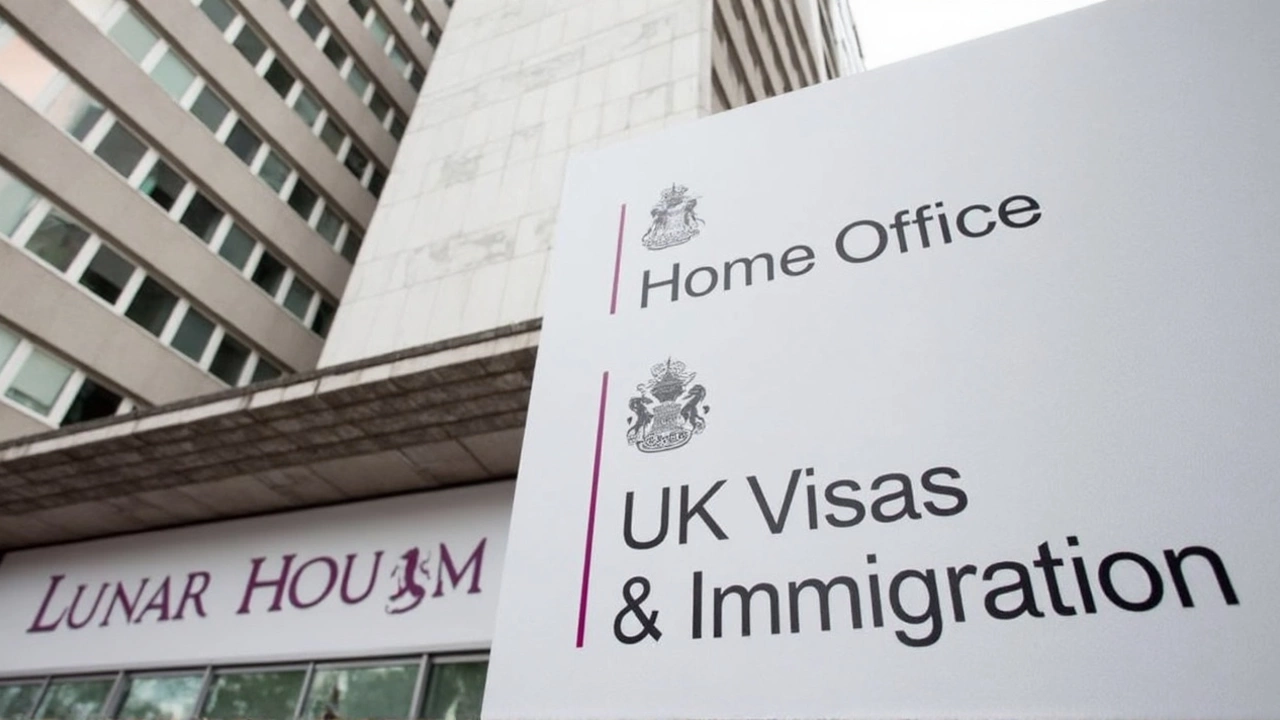Work Visa Chaos: Numbers Sink, Sectors Scramble
Numbers don’t lie, and these ones are stark. The UK saw its overseas work visa applications freefall by 43% year-on-year, with only 547,000 applications lodged between April and December 2024. That’s a massive plunge from the previous year’s 942,500. What’s behind such a dramatic shift? The answer points straight at the country’s recent UK work visa overhaul.
Early 2024 brought new, much tougher rules for anyone hoping to work in Britain. For skilled workers, the minimum salary requirement skyrocketed by 48%—now standing at £38,700. A sweeping ban on overseas care workers and international students bringing family members also took effect. These moves were introduced by the last Conservative government, all part of a pledge to pull down net migration by 300,000 a year. But the human fallout is only beginning to show.
The health and social care sector is bearing the brunt. Applications for health and care worker visas didn’t just slip, they nosedived 79%—from 299,800 to just 63,800. Critics from social care are sounding the alarm. They call the dependents ban ‘brutal’ and warn that it’s causing major headaches for an industry already stretched to its limits. Shortages in care homes and hospitals aren’t just a future risk; they’re taking shape right now.
Students hoping to bring families faced the same barriers, with application numbers also tumbling. The combination of tighter rules and higher costs leaves fewer feasible paths into the UK, especially for those unable to meet steep new financial benchmarks.
Government Eyes AI Talent Amid Broader Crackdown
While these restrictions bite hard in traditional sectors like healthcare, there’s a different story brewing in the UK’s high-tech ecosystem. AI is booming, and the government seems ready to make exceptions for it. Tech figure Matt Clifford—who has the Prime Minister’s ear on technology policy—put forward a plan to create a streamlined, fast-track visa for global AI professionals. Details are still under wraps, but the main aim is to slice through the red tape and high fees that make UK hiring such a headache for tech firms.
Bureaucracy and cost have long been blamed for blocking the UK’s rise as a hub for artificial intelligence. The proposed fast-track process is set to land in the upcoming AI Opportunities Action Plan, which the Prime Minister is expected to launch soon. This plan could tweak immigration rules just for AI and related fields, giving the UK a fresh edge in the global fight for tech talent.
If these policy shifts go ahead, Britain could end up with a two-tier system: closed doors for care and student sectors, open shortcuts for coders and inventors. The question is whether that’s enough to fuel growth in AI while leaving critical care sectors starved for workers. Businesses, politicians, and affected families are waiting to see what the next round of rules will bring—and what they’ll mean for the country’s workforce and social fabric.

Write a comment